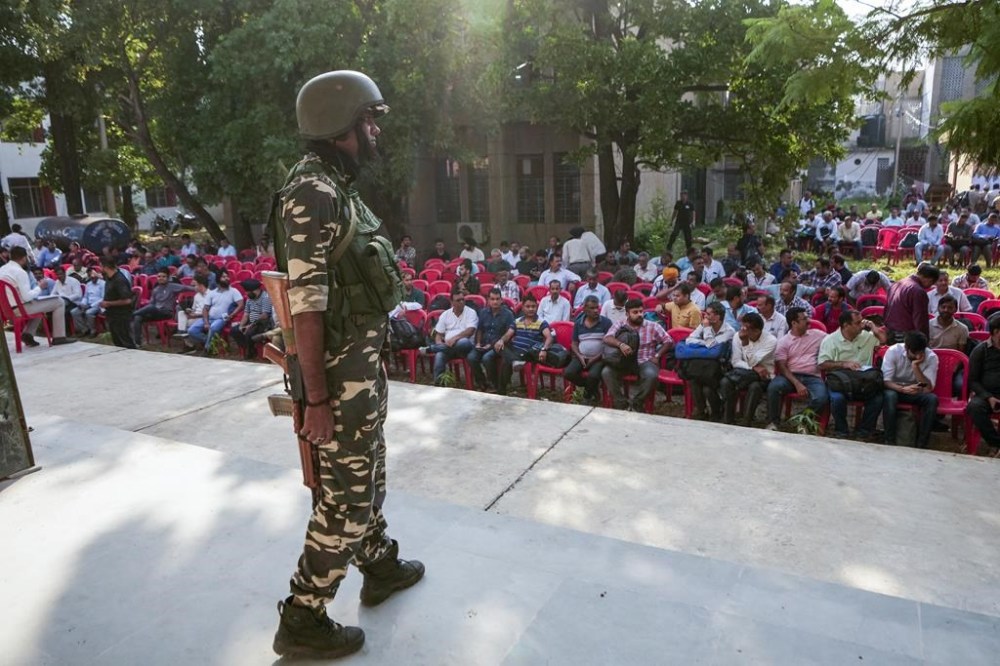
SRINAGAR, India (AP) — Voting in the final phase of the election to choose a local government in Indian-controlled Kashmir began Tuesday in the first such vote since Prime Minister Narendra Modi’s government stripped the disputed region of its special status five years ago.
Over 3.9 million residents are eligible to cast their votes to choose 40 lawmakers out of 415 candidates in the region’s seven districts during the third — and last — phase of the election.
It’s the first such vote in a decade and the first since Modi’s Hindu nationalist government scrapped the Muslim-majority region’s semi-autonomy in 2019.

The unprecedented move downgraded and divided the former state into two centrally governed union territories, Ladakh and Jammu-Kashmir. Both are ruled directly by New Delhi through its appointed administrators along unelected bureaucrats and security setup. The move — which largely resonated in India and among Modi supporters — was mostly opposed in Kashmir as an assault on its identity and autonomy.
The region has since been on edge with civil liberties curbed and media gagged.
India and Pakistan each administer part of Kashmir, but both claim the territory in its entirety. The two nuclear-rivals have fought two of their three wars over the territory since they gained independence from the British colonial rule in 1947.
On Tuesday, thousands of armed government forces patrolled the voting districts and guarded over 5,000 polling stations.
In Jammu areas, tens of thousands of Pakistani Hindu refugees are voting for the first time in any regional election since their migration in 1947. The refugees, officially called as West Pakistan Refugees, have long been recognized as Indian citizens with voting rights in national elections. However, before 2019 changes, Kashmir’s special status allowed only descendants from residents of the territory in 1934 to vote and own property.
Voting began Sept. 18 with about 61% turnout. In the second phase on last Wednesday, overall turnout was about 55%. There were no incidents reported from either phase.
Votes will be counted on Oct. 8, with results expected that day.
The multistage election will allow Kashmir to have its own truncated government and a local legislature, called an assembly, rather than being directly under New Delhi’s rule. However, there will be a limited transition of power from New Delhi to the 90-seat assembly as Kashmir will remain a “Union Territory” — directly controlled by the federal government — with India’s Parliament as its main legislator. Kashmir’s statehood must be restored for the new government to have powers similar to other states of India.
Militants in the Indian-controlled portion of Kashmir have been fighting New Delhi’s rule since 1989. Many Muslim Kashmiris support the rebels’ goal of uniting the territory, either under Pakistani rule or as an independent country.
India insists the Kashmir militancy is Pakistan-sponsored terrorism. Pakistan denies the charge, and many Kashmiris consider it a legitimate freedom struggle. Tens of thousands of civilians, rebels and government forces have been killed in the conflict.
___
Follow AP’s Asia-Pacific coverage at https://apnews.com/hub/asia-pacific


